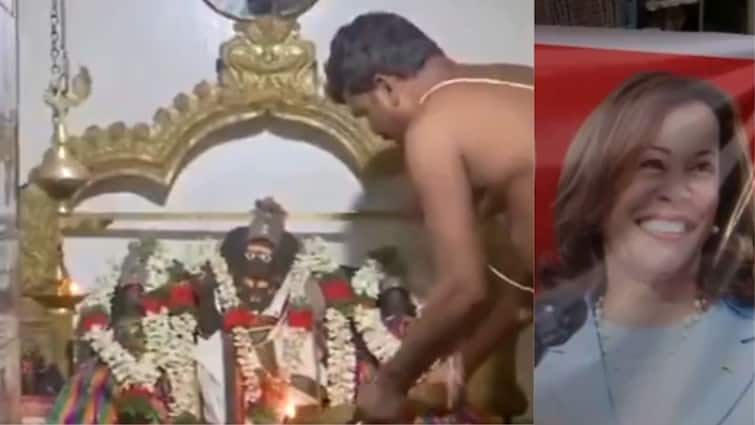
How Kamala Harris’ Indian relatives helped shape her views on civil rights and civic duty
CNNNew Delhi CNN — In 1958, Shyamala Gopalan arrived in Berkeley, California, after traveling thousands of miles from her family to pursue a doctorate in nutrition and endocrinology. “From almost the moment she arrived from India, she chose and was welcomed to the Black community,” Harris wrote of her mother in her 2019 autobiography, “The Truths We Hold.” “In a country where she had no family, they were her family – and she was theirs.” Gopalan and Donald Harris divorced when the children were young, but she would continue to be active in the civil rights movement. “He would take walks every morning along the beach with his buddies who were all retired government officials and they would talk about politics, about how corruption must be fought and about justice,” Harris said. “They would laugh and voice opinions and argue, and those conversations, even more than their actions, had such a strong influence on me in terms of learning to be responsible, to be honest, and to have integrity.” Harris said her grandfather was one of the “original independence fighters in India,” but her uncle downplayed P.V.’s role in India’s fight against the British. Once Biden said he was going to nominate a woman, Balachandran thought it was “very, very likely” it would be Harris based on her experience and background Balachandran said he and Harris don’t speak that often, in large part due the distance and the demands of being a high-ranking US politician.
History of this topic

Kamala Harris’s ancestral village in India holds special prayer for her victory
The Independent
US Election Results 2024: 8,000 miles away, Kamala Harris’ ancestral village in Tamil Nadu to pray for her victory
Live Mint
As Indian Americans Swing Towards Trump, Kamala Harris Honours Her Mother, 'She Came from India Alone'
Live Mint
Kamala Harris's Journey: A Mother's Legacy
India Today
Indian-American Voters Show Unmatched Support for Kamala Harris in Crucial Battleground States
India Today
Harris Sister Praises Inclusive Democracy, Appeals to Indian Community in Arizona
India Today
Kamala Harris's Indian Roots Could Shape US-India Relations
Live Mint
Kamala Harris faces heat as she lauds maternal grandfather's feat in India's freedom; netizens ask ‘How could a…’
Hindustan Times
Trump ally claims to have information that 'may lead to Kamala Harris' disqualification'
Raw Story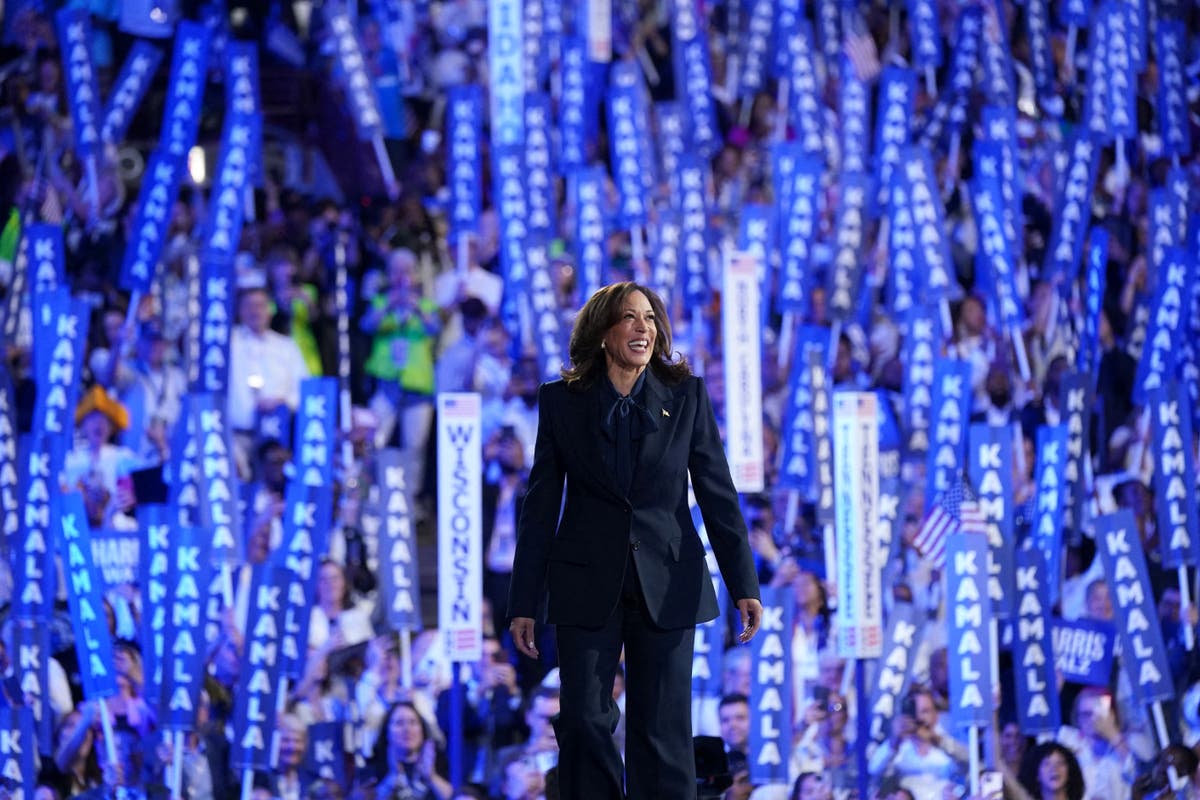
Kamala Harris calls Trump ‘unserious’ and vows to ‘write next great chapter in greatest story ever’ as presidential race begins
The Independent
Kamala Harris remembers her mother as she accepts Democratic Party's nomination
New Indian Express
In Kamala Harris' ancestral village in India, people cheer her U.S. presidential bid
NPR)
Kamala Harris's husband recalls 'blind date' & love story that could change history
Firstpost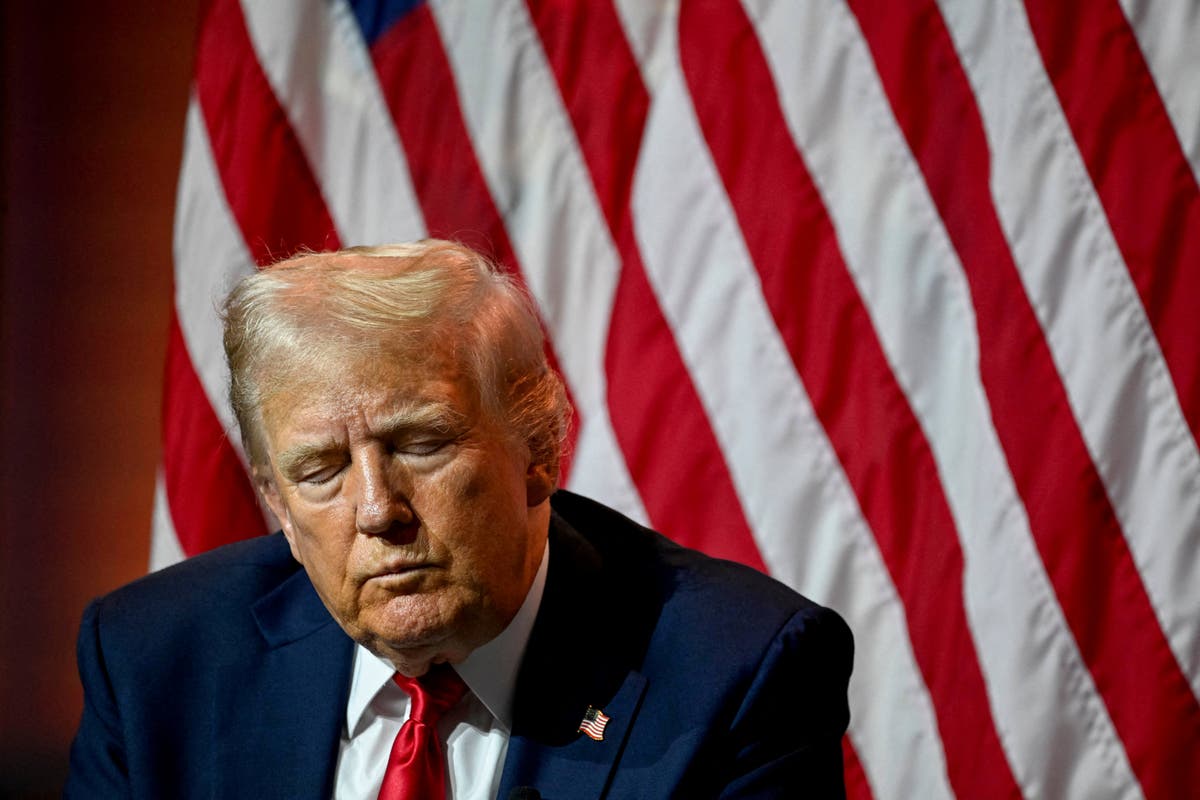
How Trump’s attacks on Kamala Harris’s Black heritage are reviving racist ‘birther’ conspiracy theories
The Independent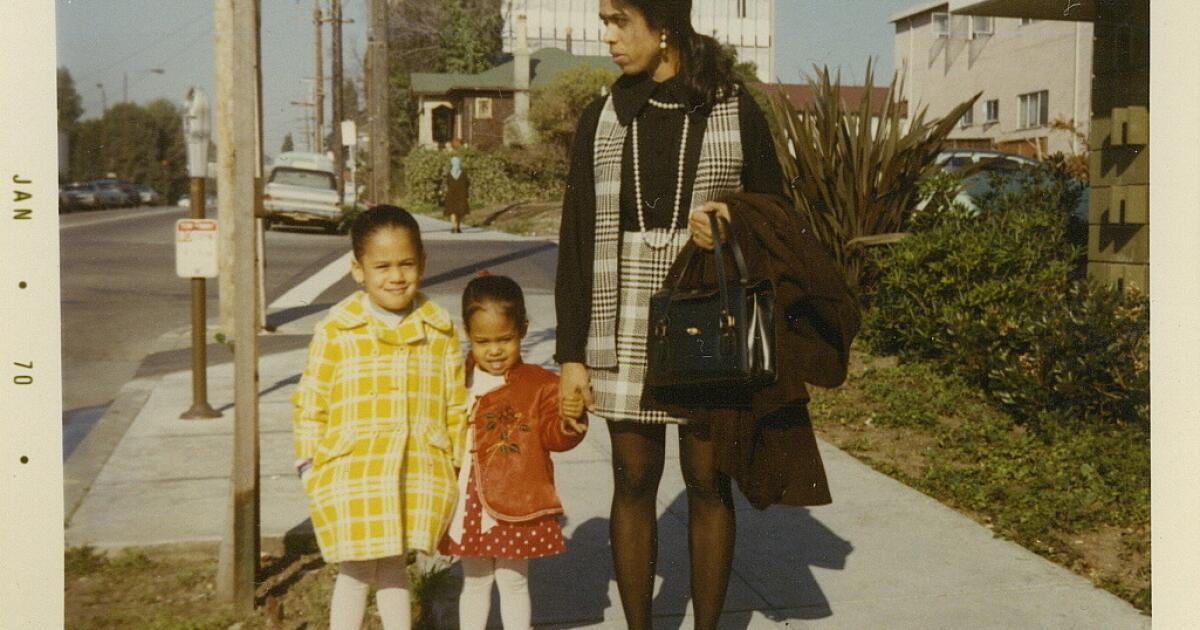
‘I’ve never had an identity crisis’: Kamala Harris on the power of mixed-race California
LA Times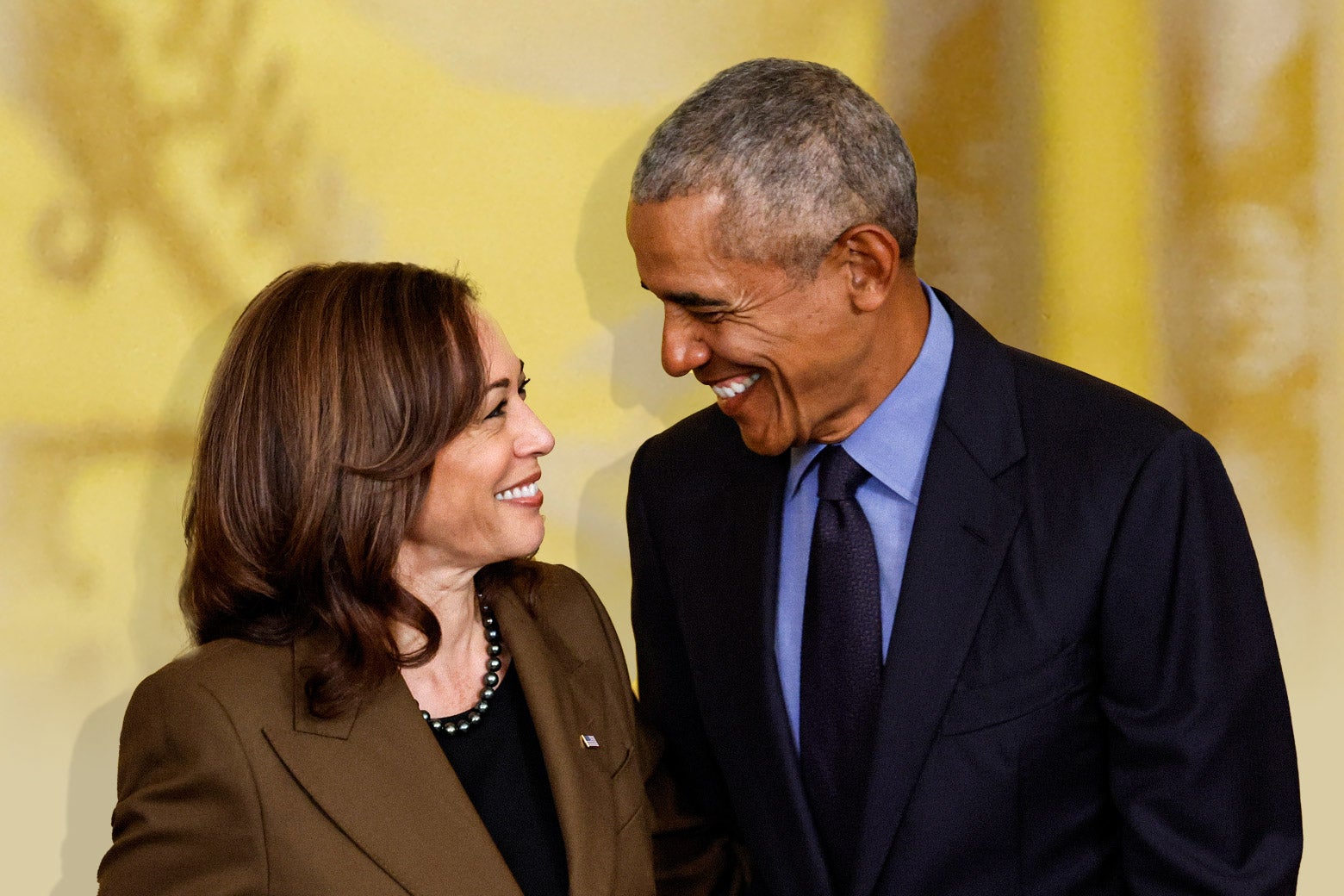
Who Donald Trump Was Really Speaking to With His Vile Comments on Kamala Harris’ Blackness
Slate
Everything we know about Kamala Harris’ ethnic background after Trump questioned it
The Independent
GOP Squirms Over Trump’s ‘Abhorrent’ Attack On Kamala Harris’ Racial Identity
Huff Post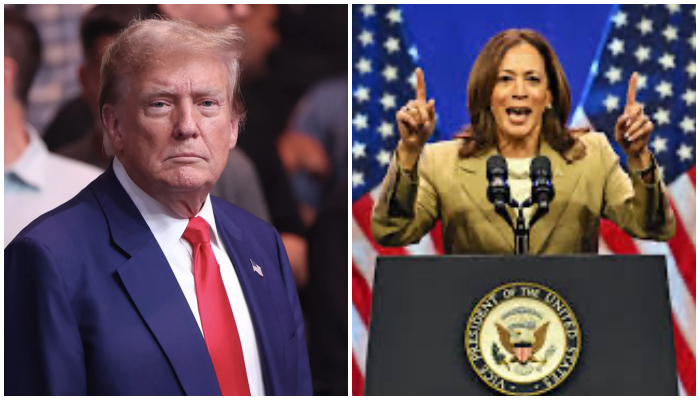
Kamala Harris used to be of Indian heritage then she turned Black few years ago: Donald Trump
Op IndiaDonald Trump suggests Kamala Harris suddenly 'became a Black person'
ABC
Kamala Harris and Usha Vance: Brown women in the ring
New Indian ExpressKamala Harris: A Baptist with a Jewish husband and a faith that traces back to MLK and Gandhi
Associated PressAs Harris eyes US presidency, reaction in her mother’s native India is muted but tinged with pride
Associated PressFrom attending protests in a pram to becoming vice-president, who is Kamala Harris?
ABC
US vice president Kamala Harris' achievements inspiration for all women, says PM Modi
Deccan Chronicle)
Kamala Harris meeting Narendra Modi is 'coming of age' moment for Indian diaspora: Los Angeles Times
Firstpost
Kamala Harris presses India’s Modi gently on human rights in historic meeting
LA Times
Where was Kamala Harris born and raised?
The Independent
Kamala Harris shares emotional post about her mother on Instagram. Read here
India Today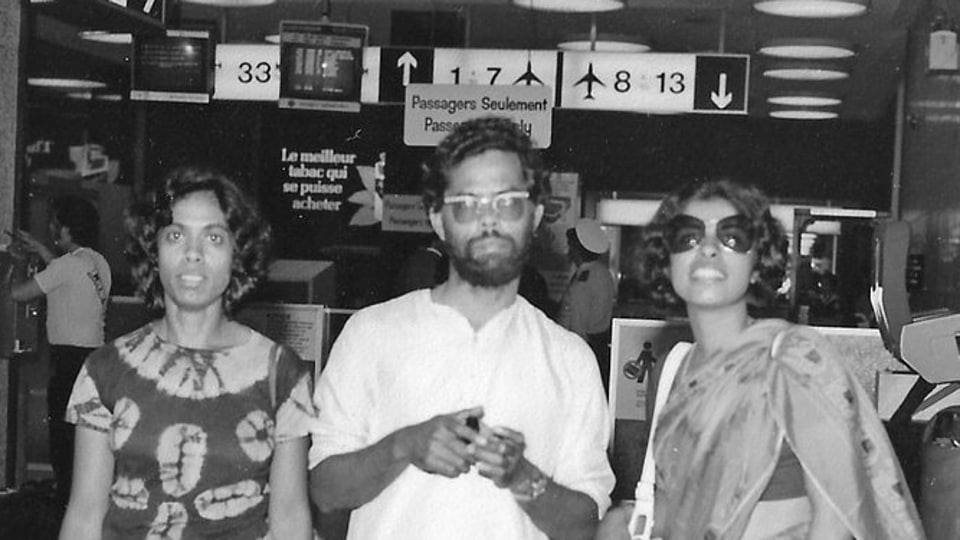
US Vice President-elect Kamala Harris remembers mother Shyamala Gopalan Harris on her birthday
Hindustan Times)
How does Kamala Harris, an African American, Tamil brahmin, raise her voice for BLM while staying mute on caste privilege?
Firstpost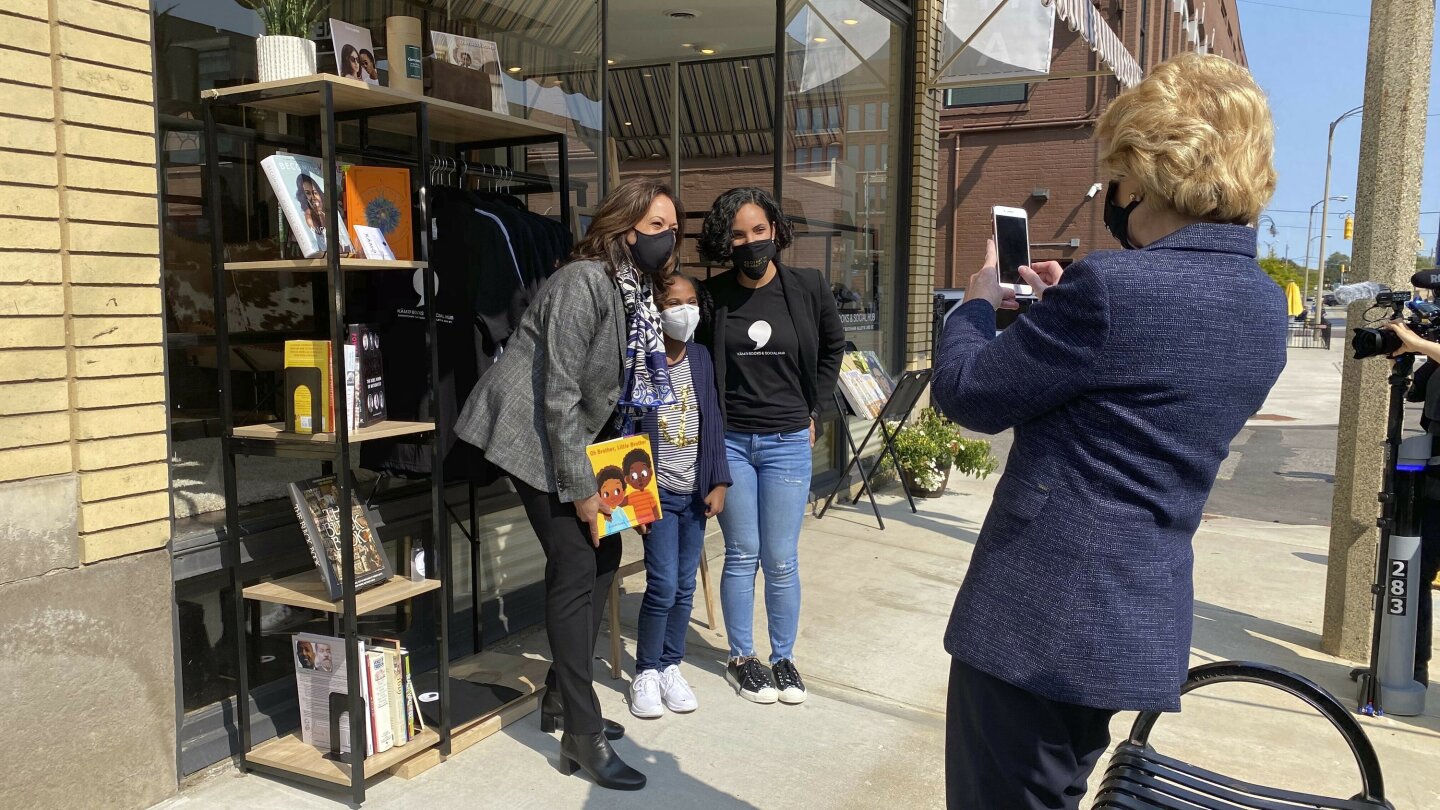
Kamala Harris win inspires women and girls nationwide
Associated PressKamala Harris has a history of shattering glass ceilings, but her rise to vice-president-elect has been momentous
ABC)
With Prayers, Rangoli & Crackers, Kamala Harris' Ancestral Village in TN Celebrates Her Victory
News 18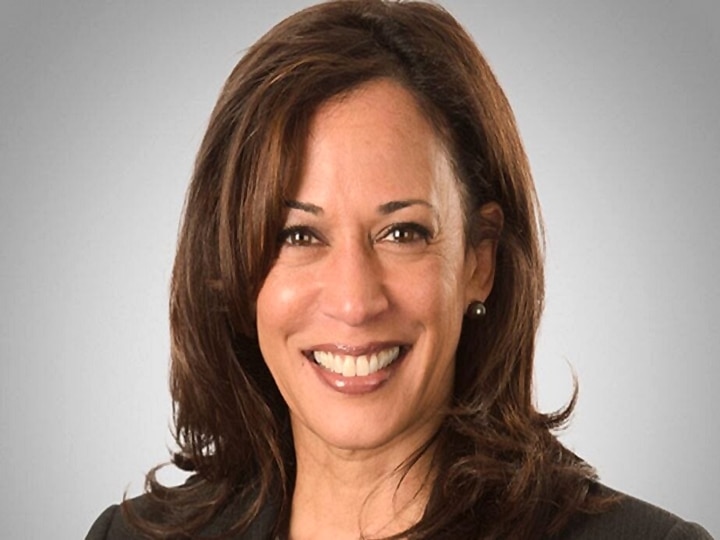
Why Was Kamala Harris Publicly Criticised By Her Father? Know 15 Interesting Facts About The US Vice President-Elect
ABP News)
'She Would Have Been Beyond Proud Today': Kamala Harris' Sister Maya in Emotional Post After Win
News 18
Govt should prepare to welcome ’Bharat ki beti’ Kamal Harris: Congress leader
Live Mint
How Kamala Harris is inspiring women leaders in her ancestral village in Tamil Nadu
India Today)
Besant Nagar, Grandparents, Spices, Idlis: The Indian Connections Of Kamala Harris
News 18
Kamala Harris fever is gripping India – but not everyone is convinced
The Independent)
'She Has Run Away from the Community': Trump's Son Questions Kamala Harris' Ties to Indian-Americans
News 18)
Kamala Harris Says Thought Immediately of Her Mother When Joe Biden Made the VP Call
News 18Inspired by mother, Kamala Harris says she had to do something when ‘so much is on the line’
The Hindu
Kamala Harris Celebrates America’s Diversity, A Nation 'Where All Are Welcome,' In DNC Speech
Huff Post
What Kamala Harris' vice presidential nomination means for people of colour
India Today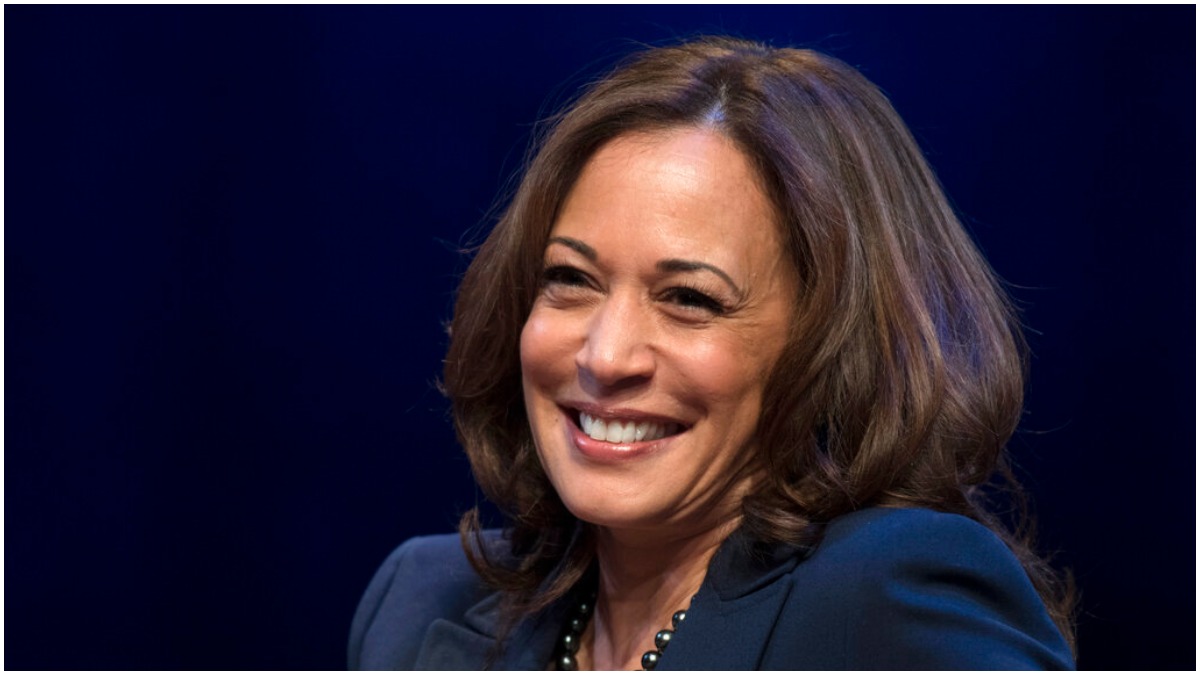
Kamala Harris' mother instilled love for 'good idli'
India TV News)
Kamala Harris Reflects on Ties With India, Recalls How Her Mother Wanted to Instill 'Love for Good Idli'
News 18U.S polls 2024: Know about a woman with many firsts to her name- Kamala Harris
The Hindu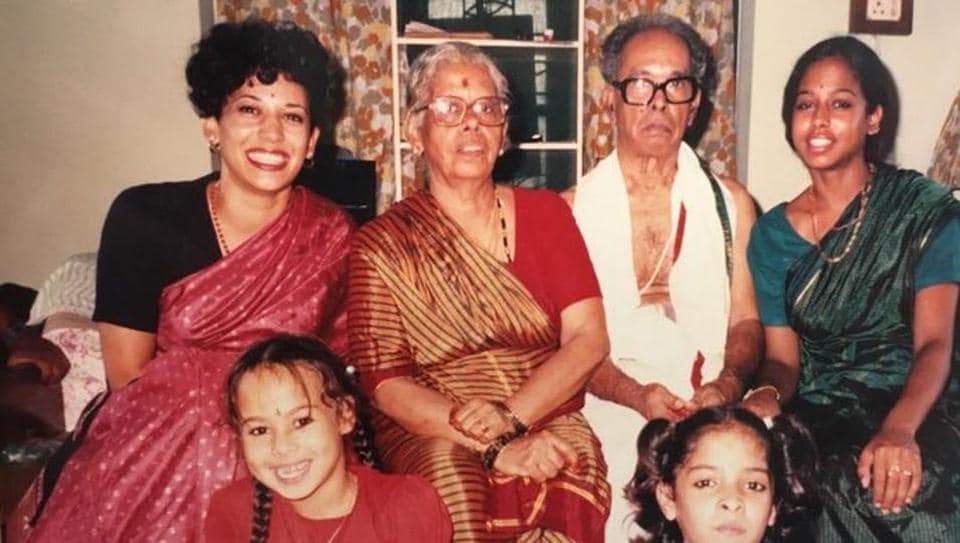
Viral dosa-making video with Mindy Kaling, saree photos: Indians scramble to find Kamala Harris’ Chennai connect
Hindustan Times
For Harris, memories of mother guide bid for vice president
Associated PressDiscover Related


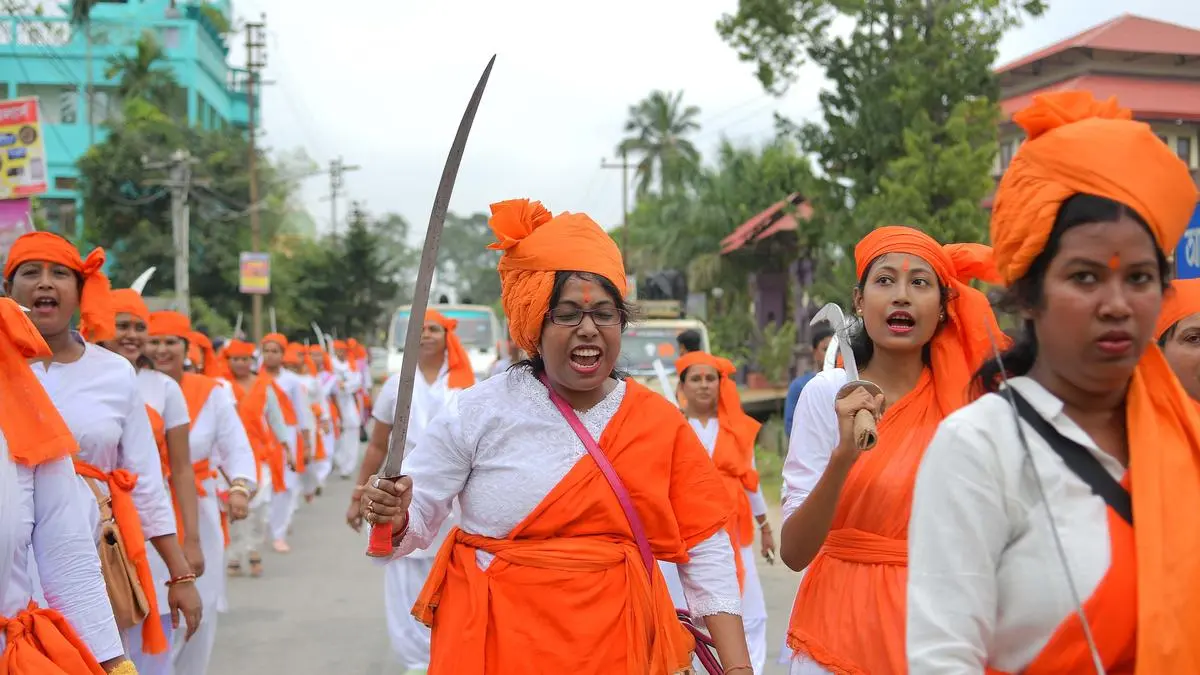


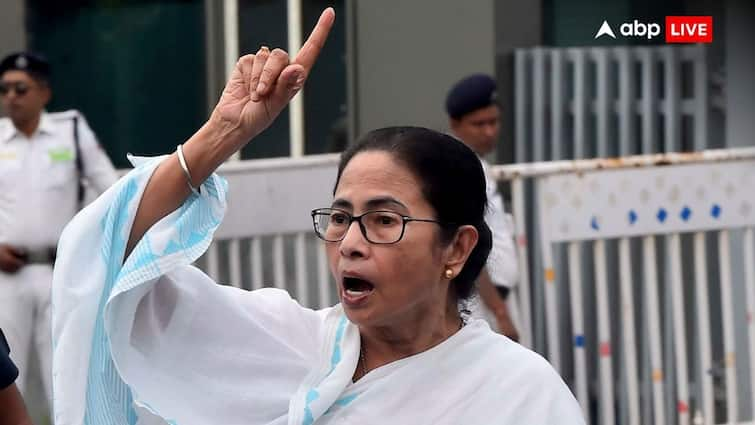

)
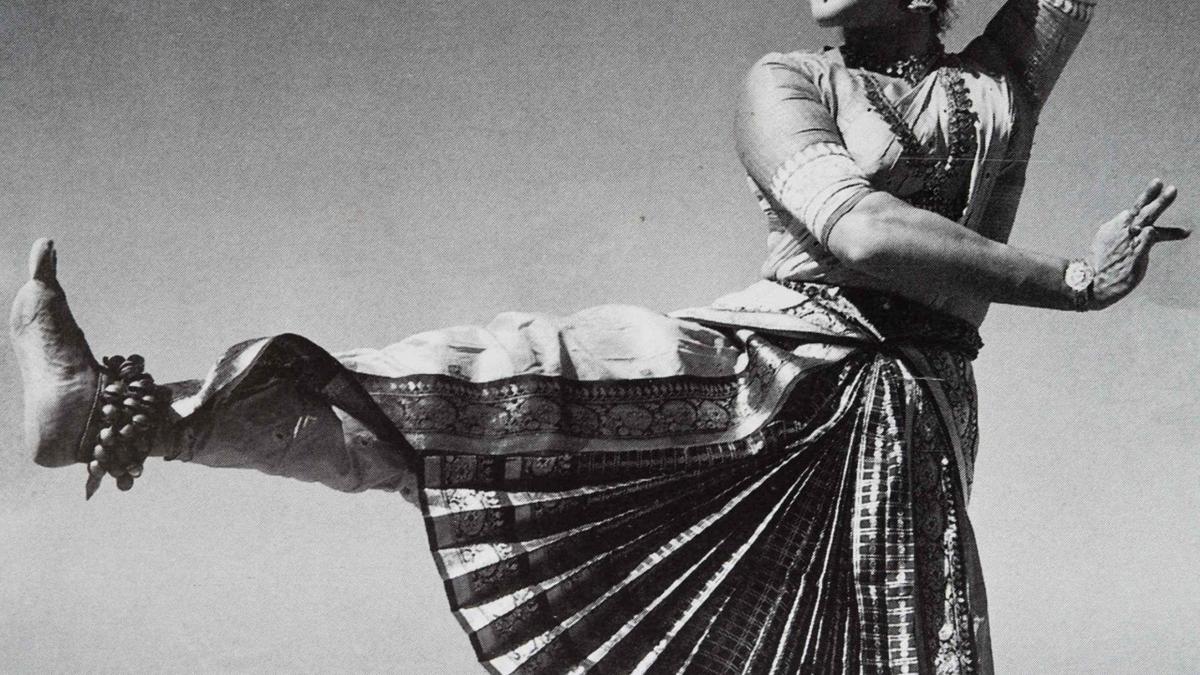



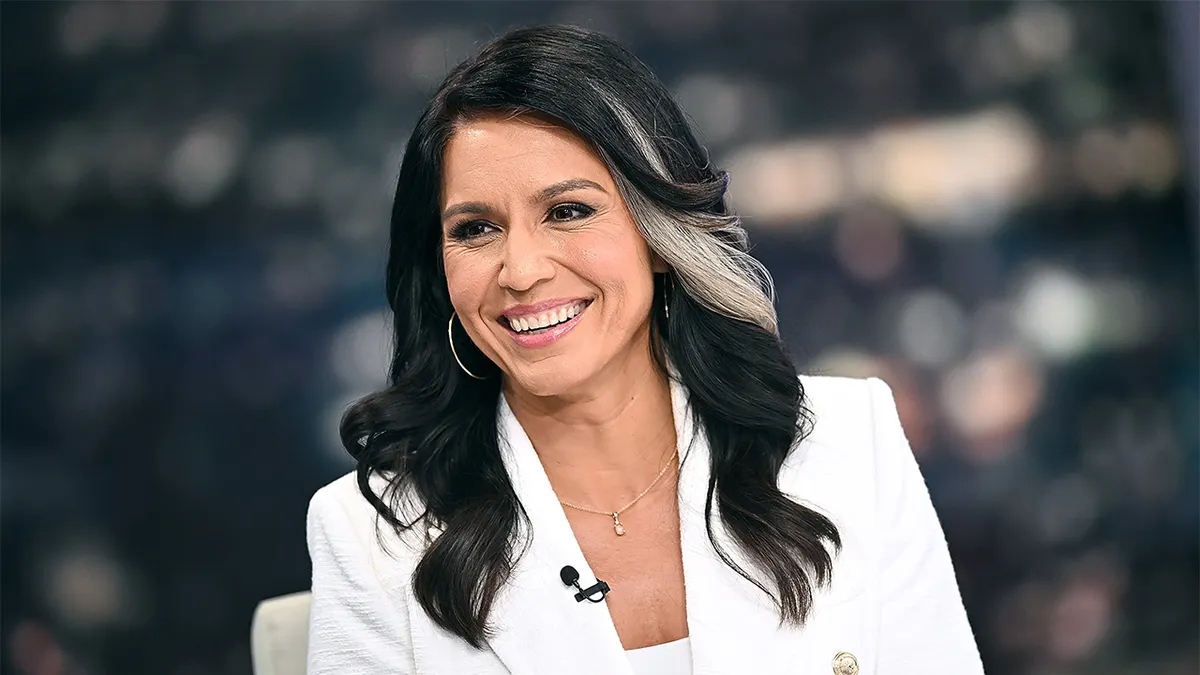


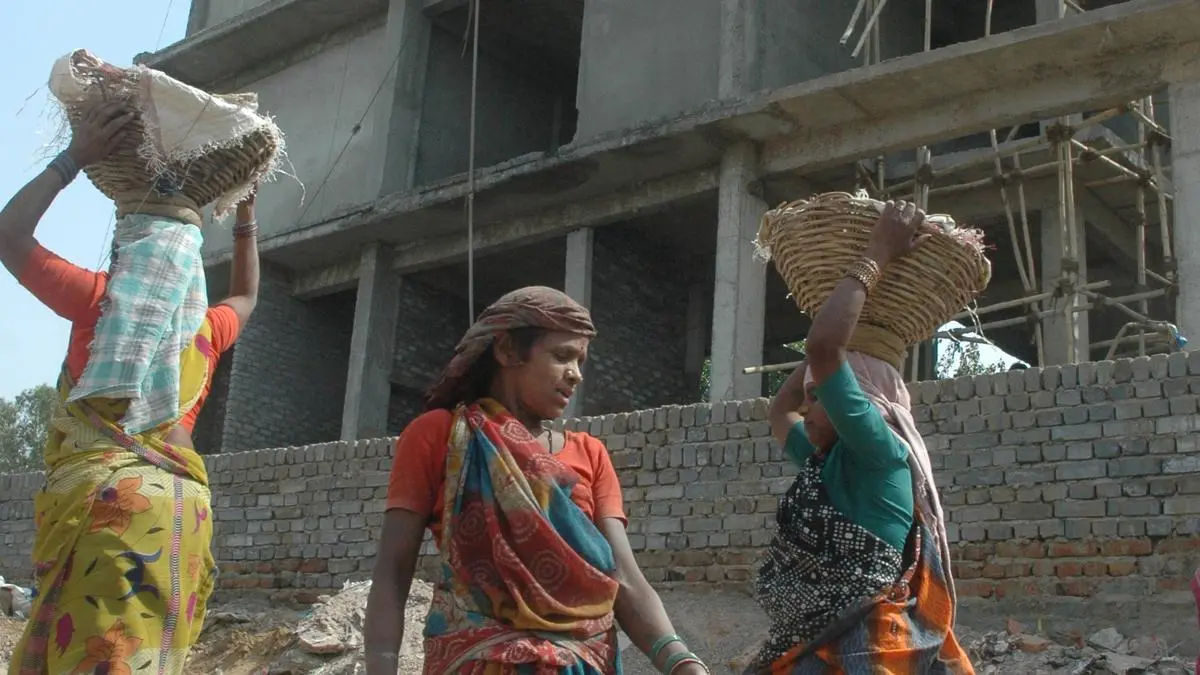



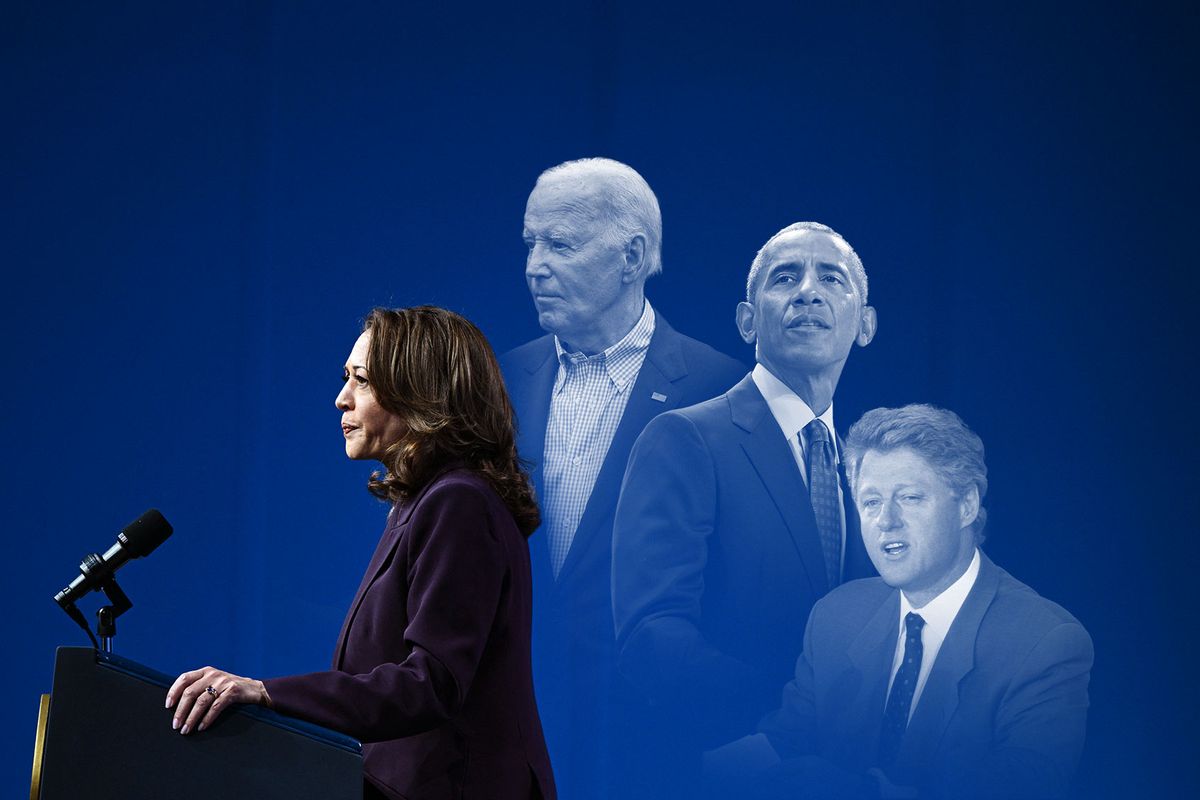






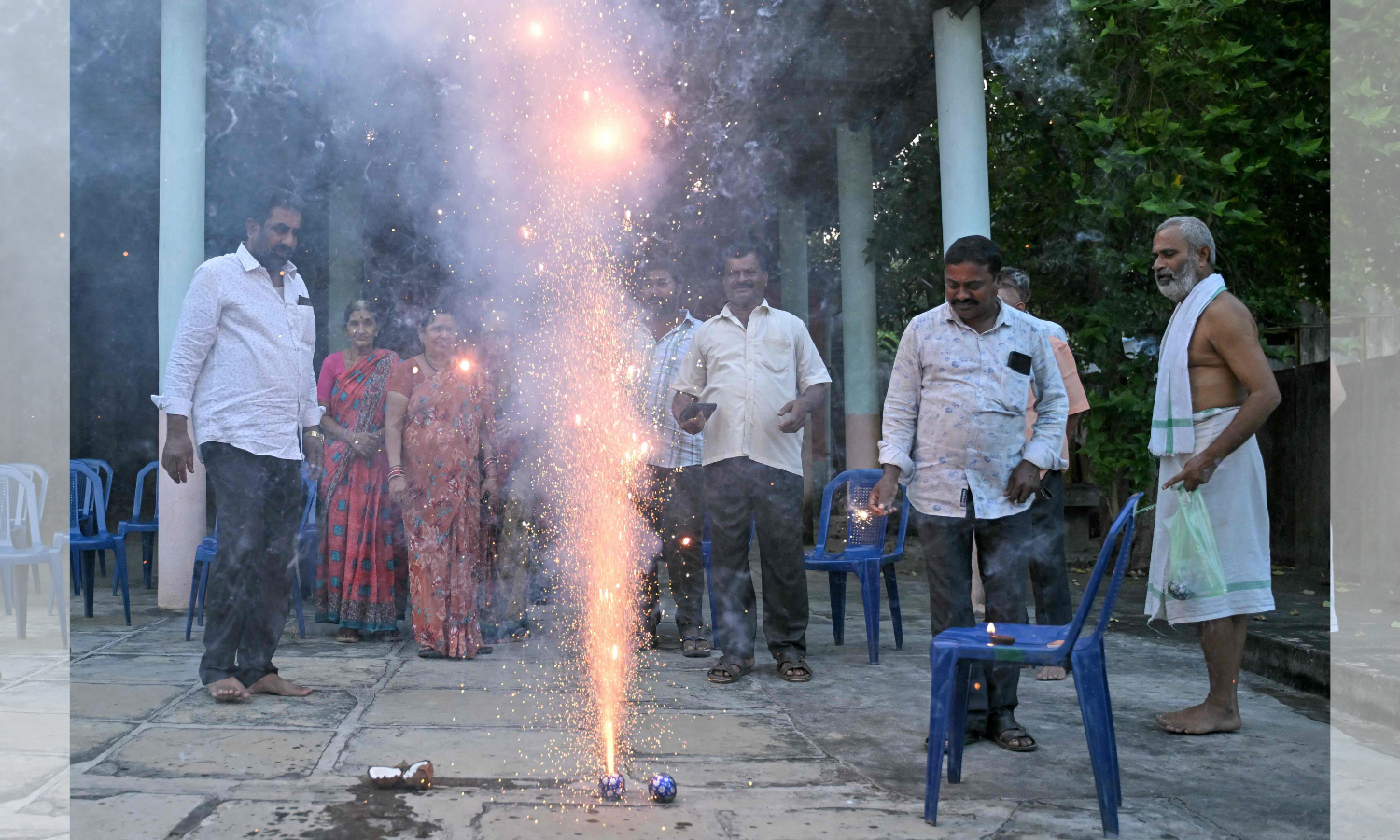
)






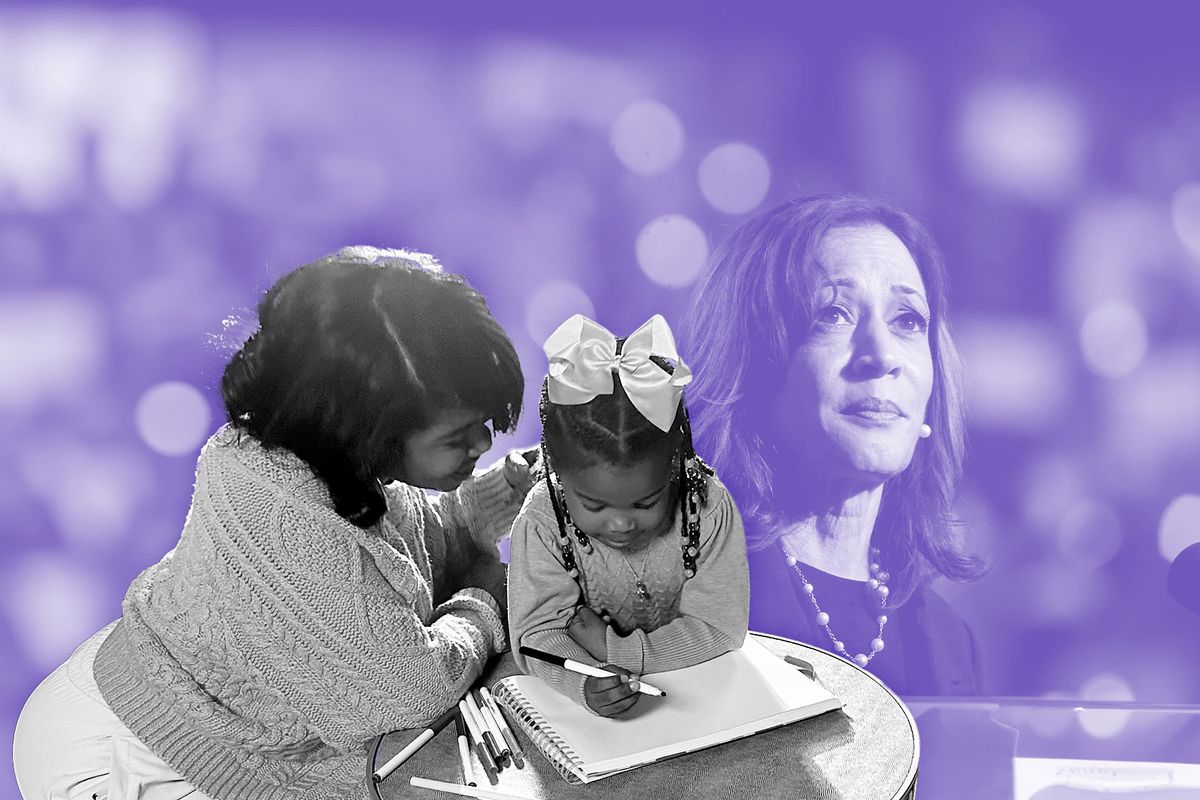

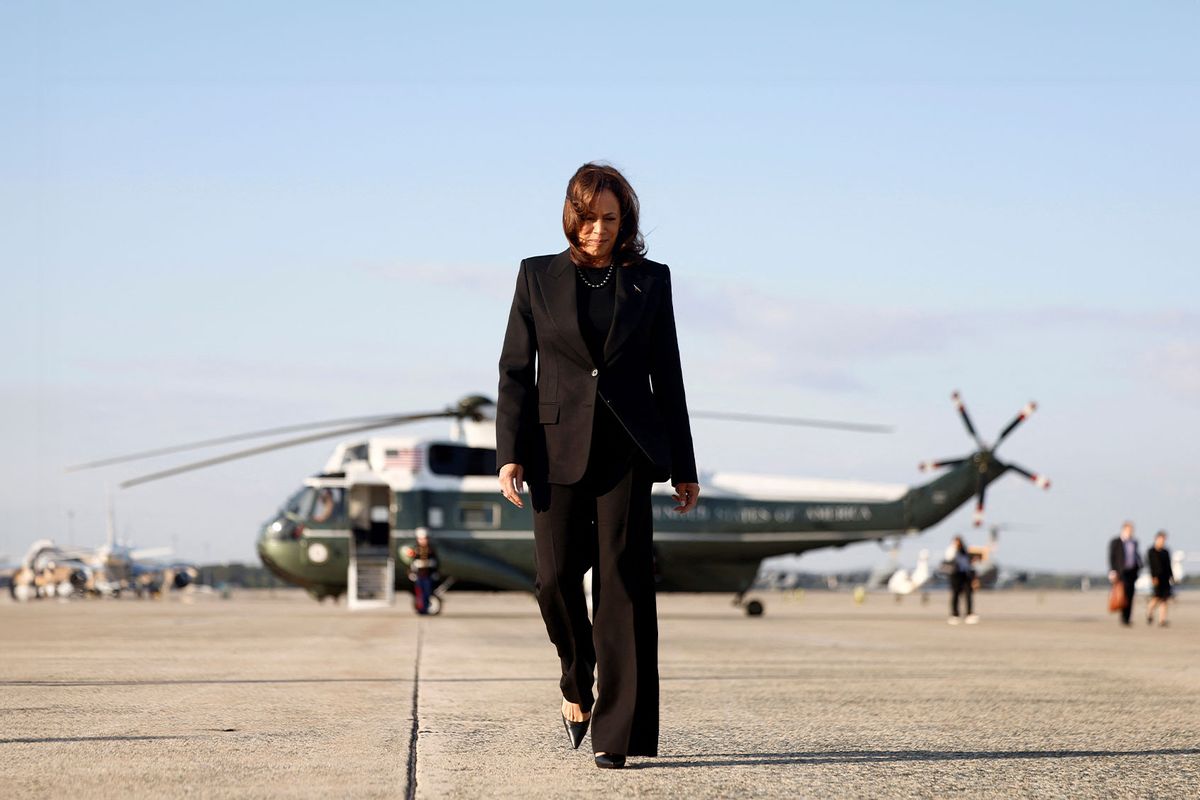


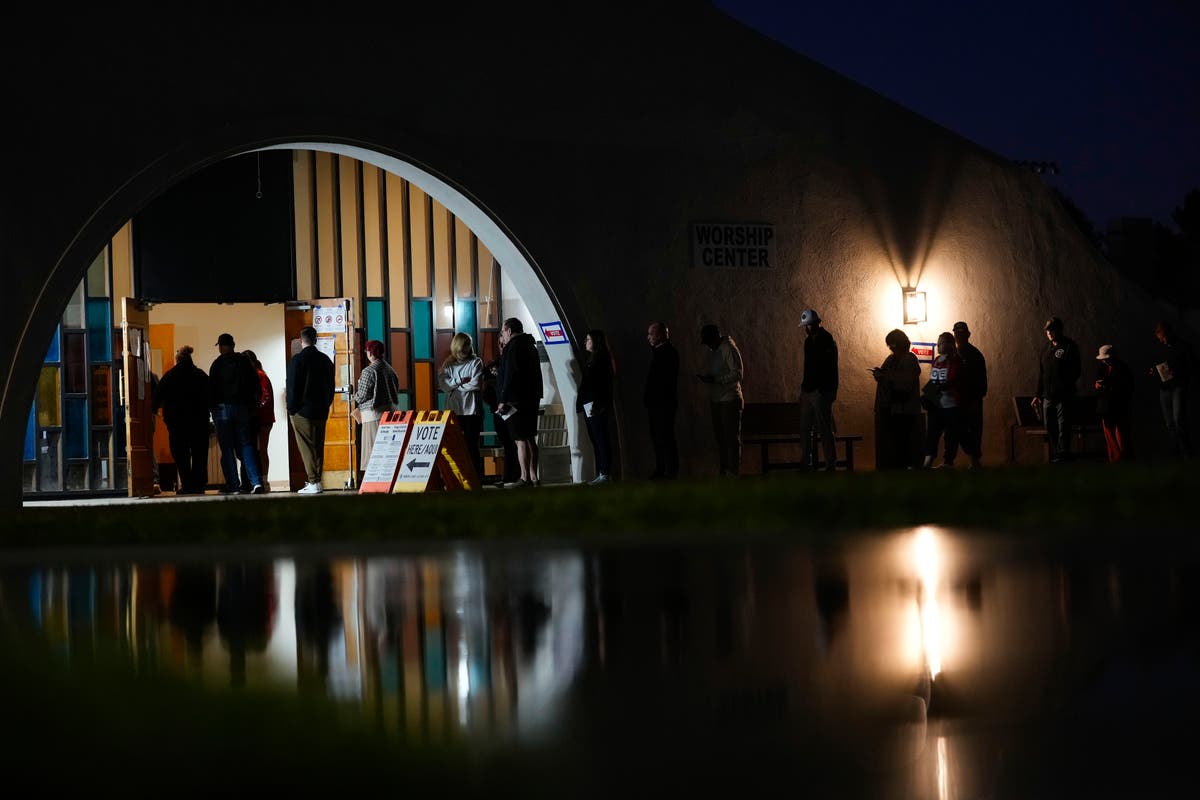

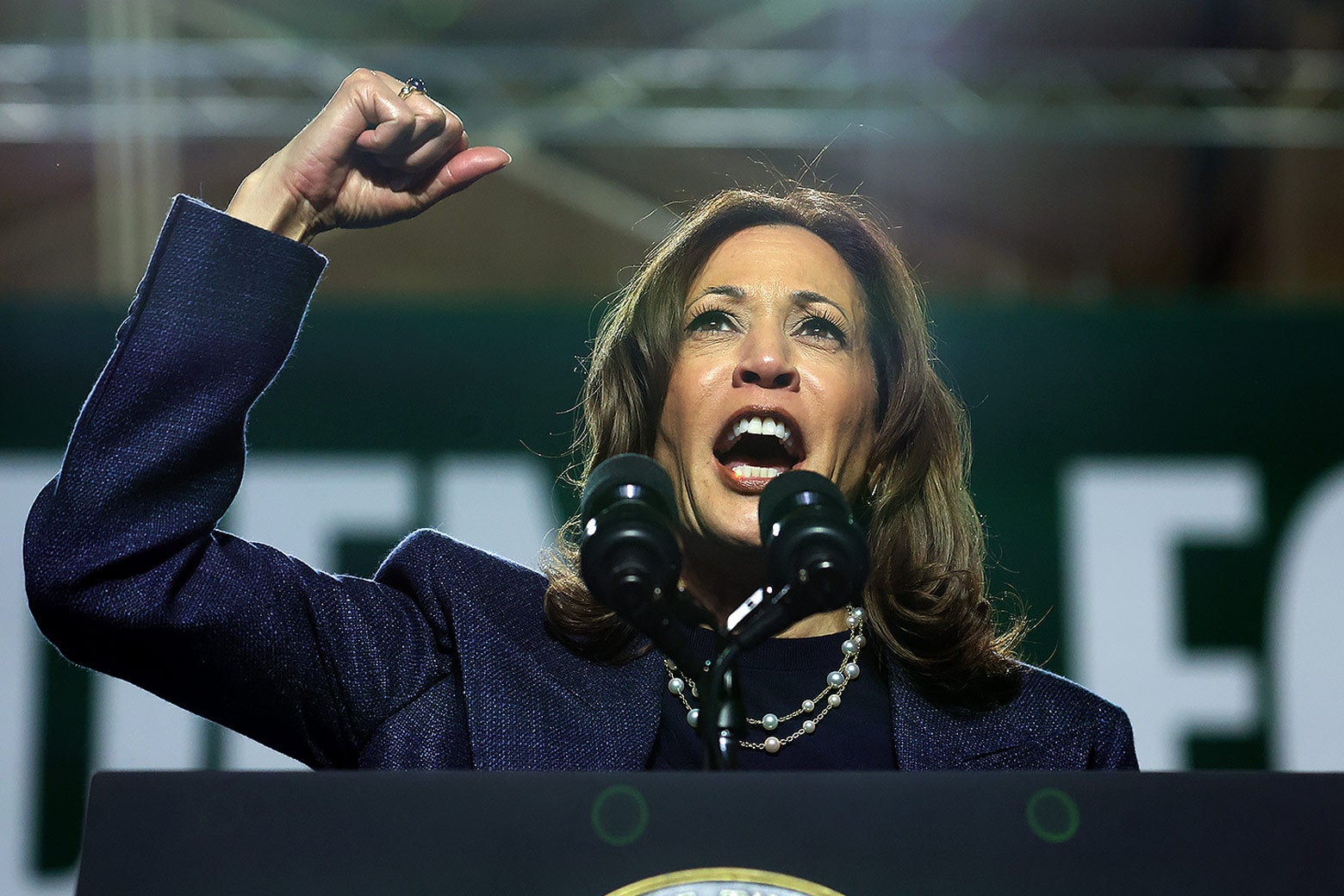

)
